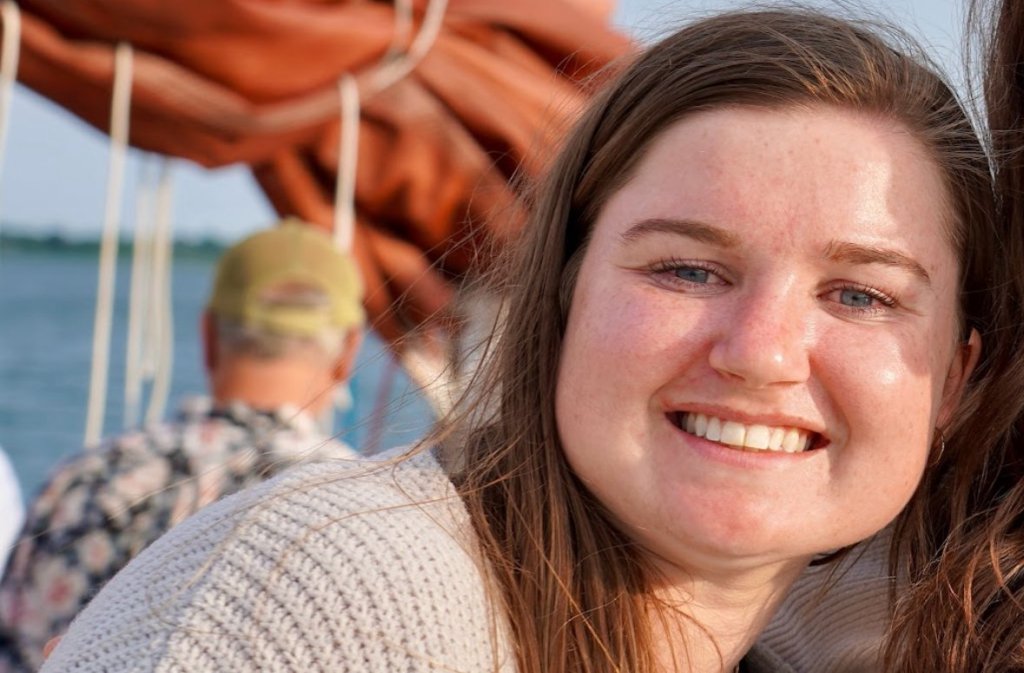Westhampton Beach HS Student Sits for Pledge, Stirring Debate

A 16-year-old Westhampton Beach High School sophomore remained seated while her classmates recited the Pledge of Allegiance on April 9, reigniting the debate over students’ First Amendment right to protest.
Later the same day, the school district’s superintendent issued a statement to the community calling for unity after a short video of the student sitting for the pledge was posted to the social media app TikTok, sparking racist comments in response.
“Although we might not always agree with others’ viewpoints, we need to respect individuals, their differences, and their freedom of expression,” Superintendent Michael Radday said in the statement. “Our district does not tolerate racism, cyberbullying or unkind words or actions. We teach our students the value of diversity and respect for all.”
The U.S. Supreme Court ruled in 1943 that public school students have a constitutional right to refuse to salute the American flag or say the pledge, but the issue remains controversial among some nearly 80 years later.
In 2017, two Copiague High School teachers sparked controversy by kneeling during the pledge on the day former President Donald Trump was inaugurated, the Long Island Press reported. Later the same year, a Uniondale High School teacher was removed from the classroom after posting online that he failed two students years prior for sitting during the pledge, WABC-TV reported.
In the latest debate, the student, Kylah Avery, wrote a letter to Newsday explaining her motivation for the protest.
“I find it wrong to stand and pledge my allegiance to a country that doesn’t see me as an equal due to my Native American heritage, my African heritage and my gender,” she wrote. “Additionally, the pledge also mentions ‘under God,’ which I see as disrespectful to all of the individuals who either don’t believe in God or just aren’t Christian.”
While Radday noted “mixed reactions,” Avery noted that she has also received messages of support in addition to the criticism.
“We must engage in difficult conversations and uncomfortable experiences to move forward as a community and country,” Radday said. “We must live by the golden rule: to treat people the way we want to be treated.”



